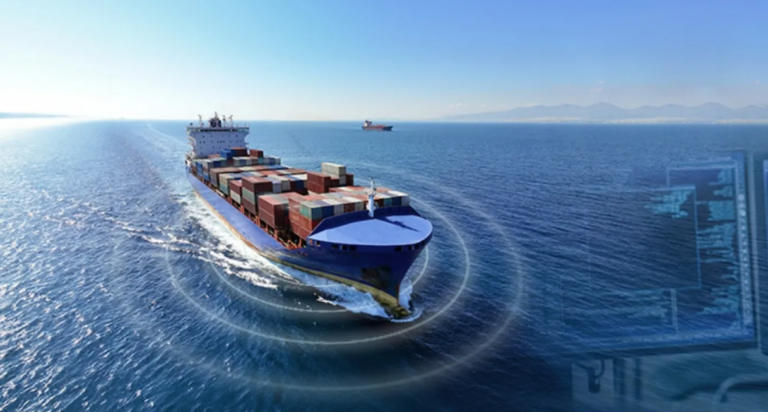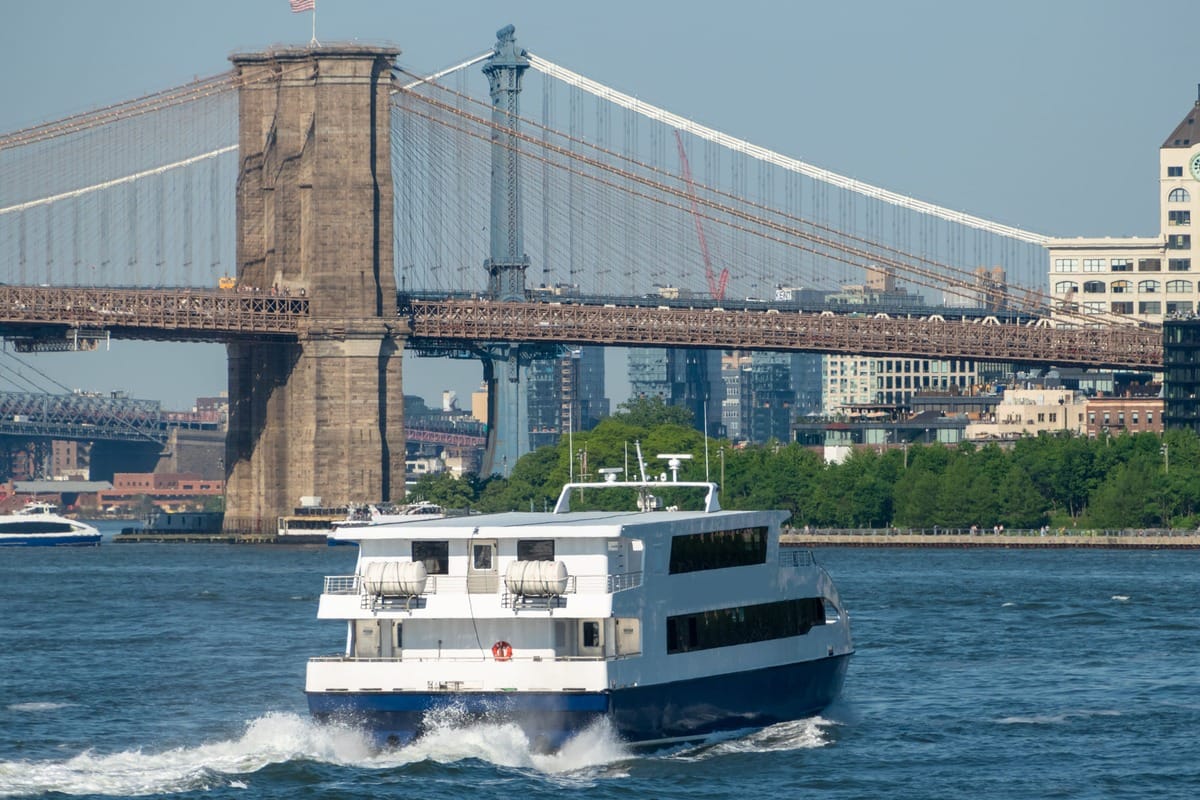Norway-based classification society DNV has launched a new family of class notations that aim to provide a framework for how remote/autonomous ships can achieve “equivalent or higher” safety compared to conventional
Norway-based classification society DNV has launched a new family of class notations that aim to provide a framework for how remote/autonomous ships can achieve “equivalent or higher” safety compared to conventional vessels.

Dubbed the Autonomous and Remotely Operated Ships (AROS) notations, the framework was launched in December 2024 and has been available since January 1, 2025. As explained, AROS covers four specific functions for autonomous ships: navigation, engineering, operational, and safety. It was envisioned to distinguish by category, ie. remote control, decision support, supervised autonomy, full autonomy, as well as the location of ship control (onboard, off-ship, or hybrid).
The class notation family is projected to offer the maritime industry the ‘much-needed’ structure for the future development of autonomous shipping technologies, in close cooperation with the flag and coastal states which hold the ultimate approval responsibility, according to DNV.
Autonomous shipping, spanning from remote-controlled operations to fully unmanned vessels, represents a groundbreaking leap forward for the maritime industry. As per DNV, these innovations promise a host of advantages, such as ‘enhanced’ safety, streamlined logistics, increased cargo capacity by minimizing crew requirements, improved fuel efficiency, lower emissions, and ‘substantial’ cuts in both operational and maintenance costs.
That said, the regulatory frameworks for these advancements are still in development. On top of that, the UK-based maritime security firm Dryad Global brought to the surface another hot issue in the adoption of autonomous vessels and autonomous port operations: cybersecurity.
The British firm has accentuated that the door to new vulnerabilities has been flung open with cyber-attacks threatening to exploit unsecured software, communication systems, or even autonomous drone operations to gain control over ‘critical’ systems.
Concerning this, in particular, the International Maritime Organization (IMO) and other regulatory bodies have been tightening cybersecurity requirements to address the growing threats, Dryad Global shared, though, according to the firm, it remains to be seen how the matter of compliance will be resolved given the fact that smaller entities with limited resources tend to – as of yet – remain exposed.
What is more, the IMO has not left regulations in the dust, either, having also been working on crafting a specific code for Maritime Autonomous Surface Ships (the so-called MASS code), though it is expected to be on a voluntary basis starting this year. It is estimated this will not be mandatory until 2032, which has further accentuated the necessity to develop a ‘sturdier’ solution for related technologies.
Regarding this, DNV revealed that the AROS definitions are, in fact, aligned with the current plans for the IMO’s MASS code.
“Autonomous shipping, in all its formats, is a key part of the future development of shipping. With the AROS notations, we will see novel autonomous and remotely controlled pilot projects achieving at least the same safety levels as conventional vessels,”Geir Dugstad, Technical Director, Classification at DNV Maritime, highlighted.
“When the technology from these pilots becomes available for seafarers, features such as collision and grounding avoidance, vessel lookup support, and remote machinery support can help improve safety and reliability.”
The new class family notations reportedly also build on DNV’s DNV-CG-0264 guideline for autonomous vessels, combining the guideline’s risk assessment processes for the qualification of autonomous and remotely operated marine technologies with a set of functional requirements. Representatives from the Norwegian organization elaborated that they chose a“deliberately flexible” approach here to leave ample room for future innovation.
‘The first’ organization to be awarded a Statement of Compliance with the DNV-CG-0264 was Houston-based marine robotics company Ocean Infinity. The company received this acknowledgment for the remotely supported operational concept for the Armada 78 fleet of offshore survey vessels. To be precise, the Armada 78 03 vessel was the one to complete the upgrade and verification process.
The past few years have seen an array of endeavors in autonomous shipping with industry stakeholders across the world seeking breakthroughs within this landscape.
In July 2023, the classification society American Bureau of Shipping (ABS) gave its nod of approval for the fully autonomous ship framework named Action Planning and Execution System for full autonomous (APExS-auto) crafted by Japan’s shipping titan Nippon Yusen Kabushiki Kaisha (NYK), and compatriot Monohakobi Technology Institute (MTI) and Japan Marine Science Inc. (JMS). As understood, this was done as part of the fully autonomous ship program called MEGURI 2040.
More recently, namely in October 2024, BIMCO, the world’s largest shipping association, revealed that its Documentary Committee had greenlit the AUTOSHIPMAN agreement, a contractual framework intended to support the skyrocketing number of remotely controlled vessels.
BIMCO explained that AUTOSHIPMAN’s primary goal was to set up a standardized contract system that would allow third-party ship managers to deliver operational services for remote-controlled or fully autonomous vessels, the majority of which are currently employed in inland waterways and coastal trades.
Related Article
-
BIMCO introduces first management agreement for autonomous ships
Business Developments & Projects
READ MORE
- Swift action needed to bring autonomous inland shipping closer to reality, German insurers say
- Japan takes its autonomous shipping to the next level
- KIMM reveals new automated mooring system for autonomous vessels
- Norway joins forces with European countries on autonomous ship operation
- Yinson GreenTech and Zeabuz set sights on autonomous, remote-controlled electric vessel operations
Content Original Link:
" target="_blank">


























































